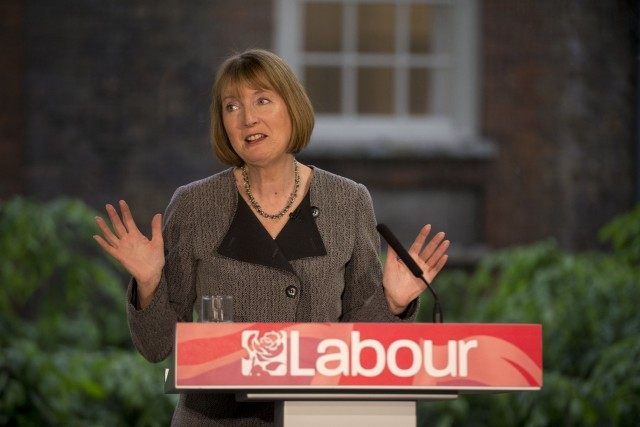In the aftermath of its recent defeat, the Labour Party faces further turmoil and division in the four months before the new leader is announced in September. Infighting has broken out involving both trade unionists and senior politicians differing on past and future policy direction and even the process of candidate selection itself.
Leadership candidate Yvette Cooper is the latest hopeful publicly to denounce the political direction of the leader she had until recently hoped would be Prime Minister. In a briefing to journalists, Cooper, who served under Miliband as Shadow Home Secretary, criticised the economic policies followed by the party during the last parliament and in the run up to the general election.
Pronouncing Miliband’s division of companies into “predators and producers” a mistake, she briefed journalists: “It sounded anti-business, anti-growth and ultimately anti-worker for the many people employed by large companies in the UK.”
As Shadow Chancellor of the Exchequer, Cooper’s husband Ed Balls played a key role in formulating economic policy before the last election. Despite this, she now wants a “fresh start”. This would include creating a business advisory group, membership of which would not be limited to Labour supporters, to consult on policy and help avoid the risk of “rude surprises”. She continued:
“Labour has to show we want to build businesses up not knock them down. We need to reset our relationship with business around a shared vision for building an economy that faces the future. Too often in the past our rhetoric undermined that positive relationship with business and with the creation of jobs and wealth…We can’t let that happen again.”
Divisions between the four currently declared runners – Cooper, Andy Burnham, Mary Creagh and Liz Kendall – have already surfaced with regards to Labour’s spending record when last in government, but in other ways they present a limited choice. Described as “all white, all Oxbridge” the four were educated at either Oxford or Cambridge taking degrees in English, history, languages and PPE (philosophy, politics and economics). For a party founded to establish political representation for the trade union movement it is not a choice relished by some trade union leaders.
The leader of Unite, the Labour Party’s biggest trade union donor, has raised the threat of withdrawing support for election candidates in favour of the Scottish National Party if the new leader’s ideology does not meet his standard as “the voice of organised Labour”. Labour’s recently defeated leader in Scotland, Jim Murphy, described this as the “kiss of death”. Despite this Unite stands accused of putting pressure on Labour MPs it supports to skew the results of the parliamentary nominations process and endure that the leadership election is only presented candidates that come with the union’s seal of ideological approval.
Labour’s interim leader, Harriet Harman, has described the current times as “dark days” admitting that her party is “still bruised by failure…still coping with the aftermath…we have a lot of soul-searching to do.”

COMMENTS
Please let us know if you're having issues with commenting.